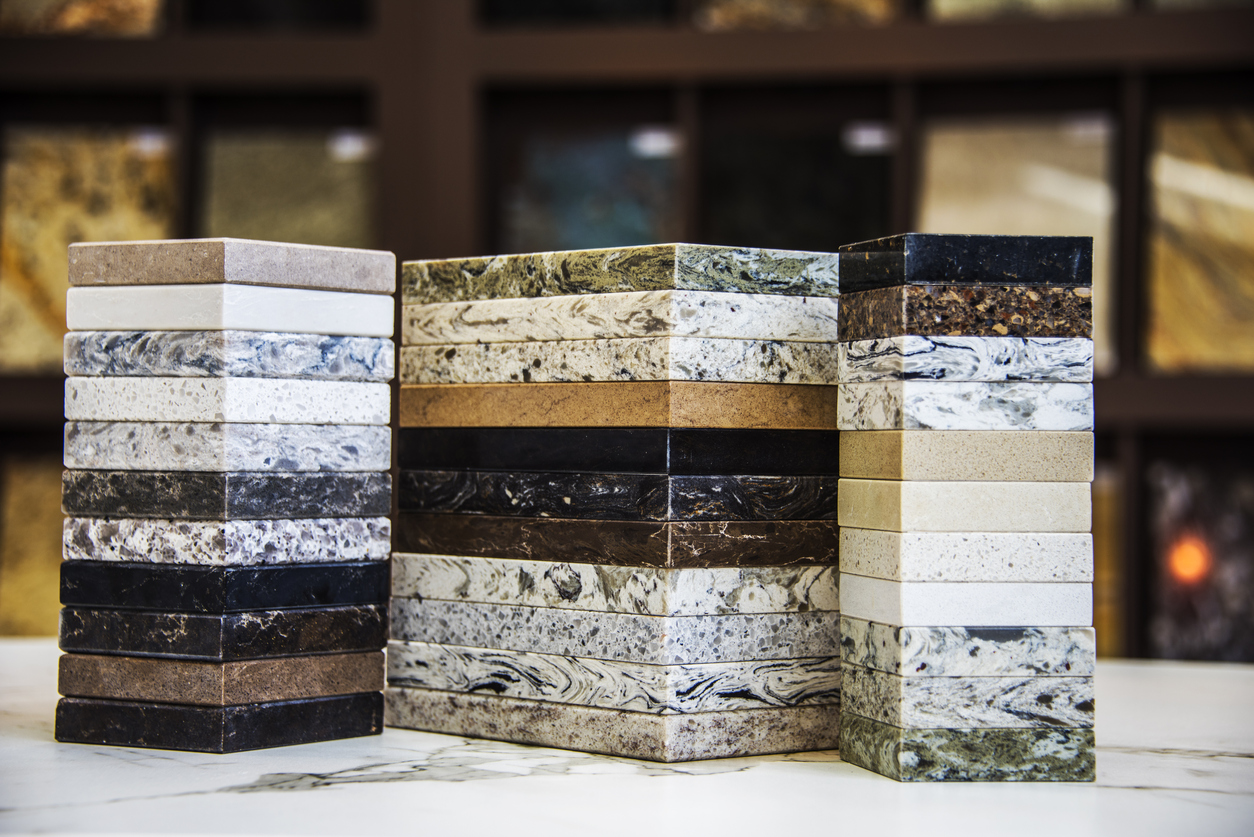With the events of the world, now more than ever, germs are a constant concern. The kitchen is the one place where everyone can gather to enjoy a good meal and good conversation. The last thing you want to worry about is your kitchen littered with germs from daily activities. The great news is that you might already have the perfect countertop for preventing bacteria! Thankfully, with a few simple steps, you can significantly reduce the spread of germs throughout your kitchen and, ultimately, your home.
What can you do right now?
These steps you can start right now to help keep germs under control. Keep in mind there are good germs that humans need for their health, so be careful not to over clean. There needs to be a happy medium by:
- Washing pans, dirty dishes, and cutting boards immediately after use. This will stop the germs from spreading, but it also reduces the clean-up time after the meal.
- Wash your hands regularly, including before and after preparing the meal.
- Make a routine of wiping down surfaces regularly.
- Remove the trash regularly. If it’s possible, have a larger can outside. Take out any old foods, chicken products, or anything else that might spread germs immediately.
- Prevent cross-contamination. Don’t let raw meat touch anything but the cutting board or the pan. Wash your hands, cutting board, and utensils after working with the raw meat.
- Don’t double-dip the utensils. Tasting is necessary, but don’t reuse the same spoon twice. Get a new one each time to taste test.

What are the best countertop surfaces to avoid germs?
- Quartz: This is one of the most hygienic and durable countertops. Quartz is a non-porous material, which means there’s no place for the bacteria to get caught. Wiping it down will be a breeze!
- Solid Surface: This is a pure acrylic blended with natural materials. It’s grout-free, non-porous, and stain-resistant. Do not use any harsh chemicals on this countertop.
- Laminate: Laminate sometimes gets a bad rap, but over the years, it has advanced in its design and styles. It’s another material that has a smooth surface, so bacteria don’t get trapped as quickly. Laminate does have seams that can peel up if excessive amounts of water stay on it. You also have to be careful of damage to the surface where bacteria will get trapped.
- Granite: This is another popular choice because of the natural stone look. On its own, granite is a porous material, but with a seal, the countertop becomes smooth.

